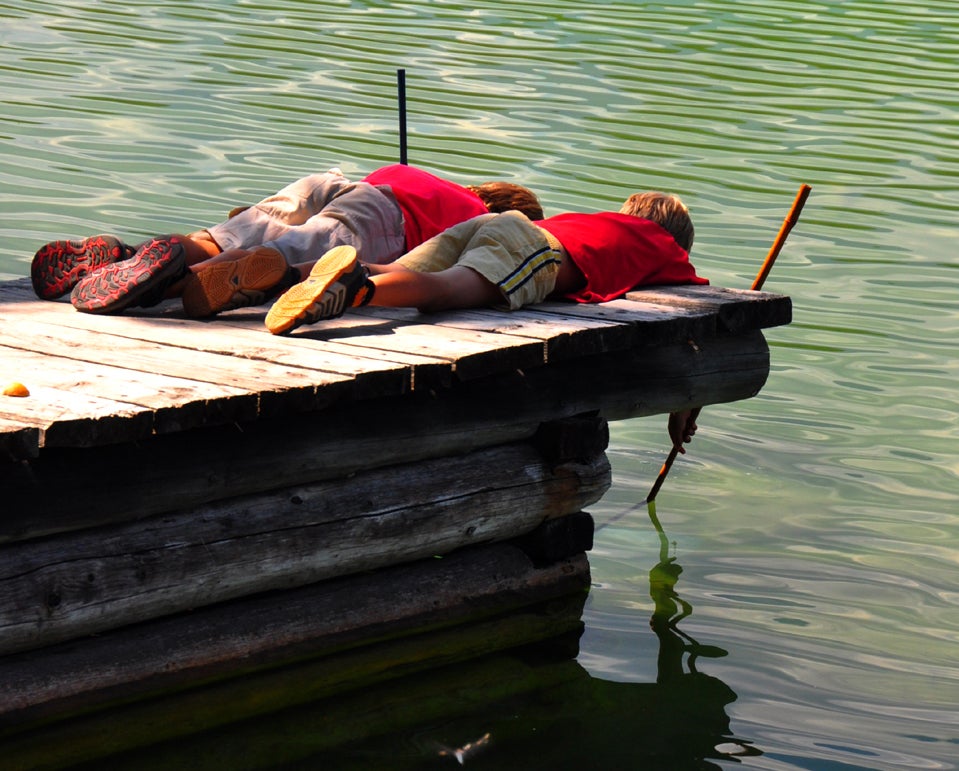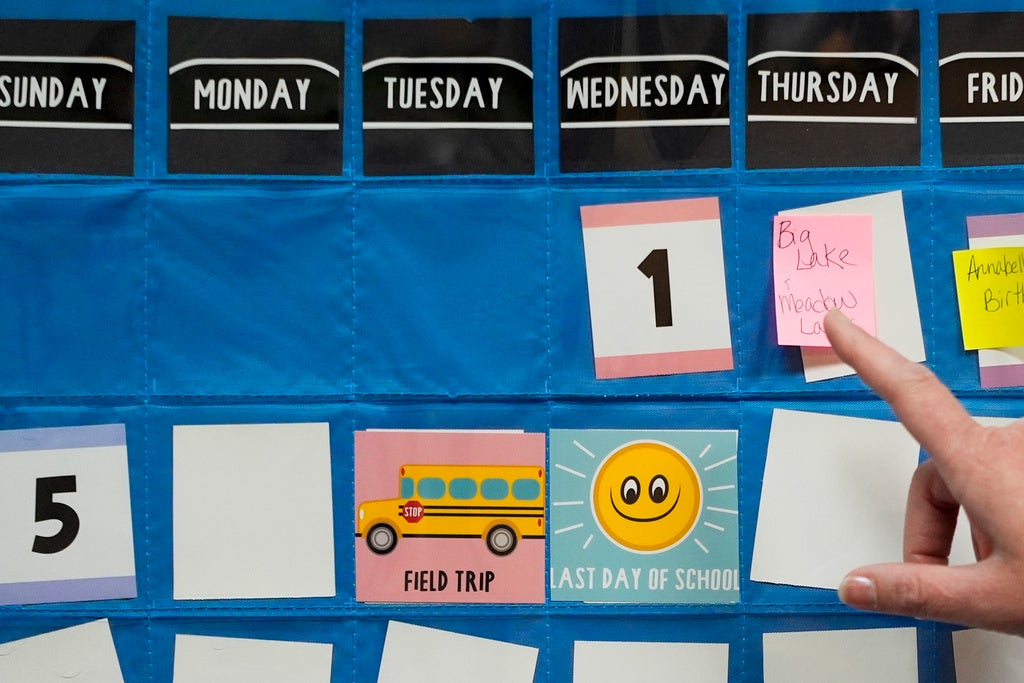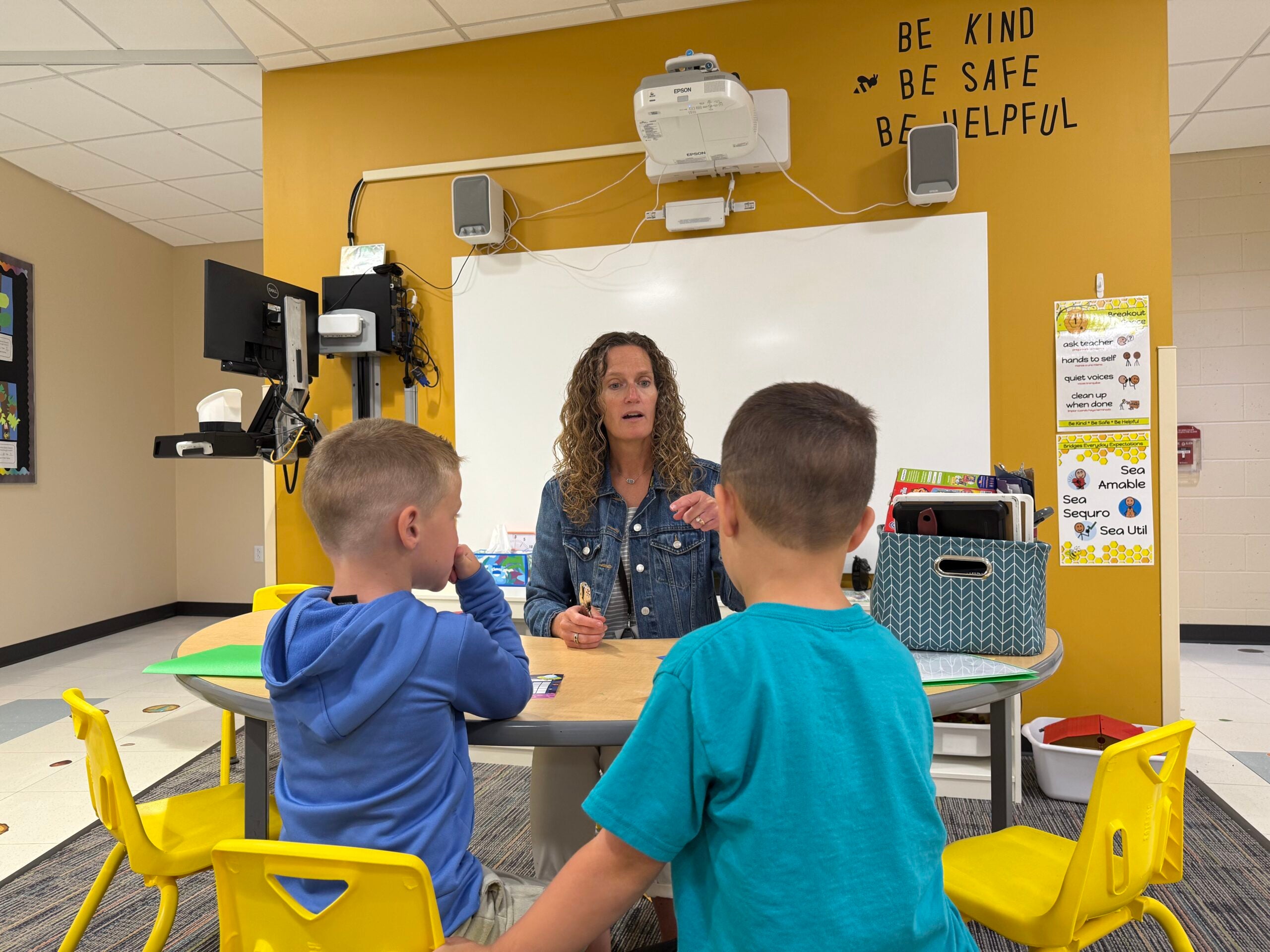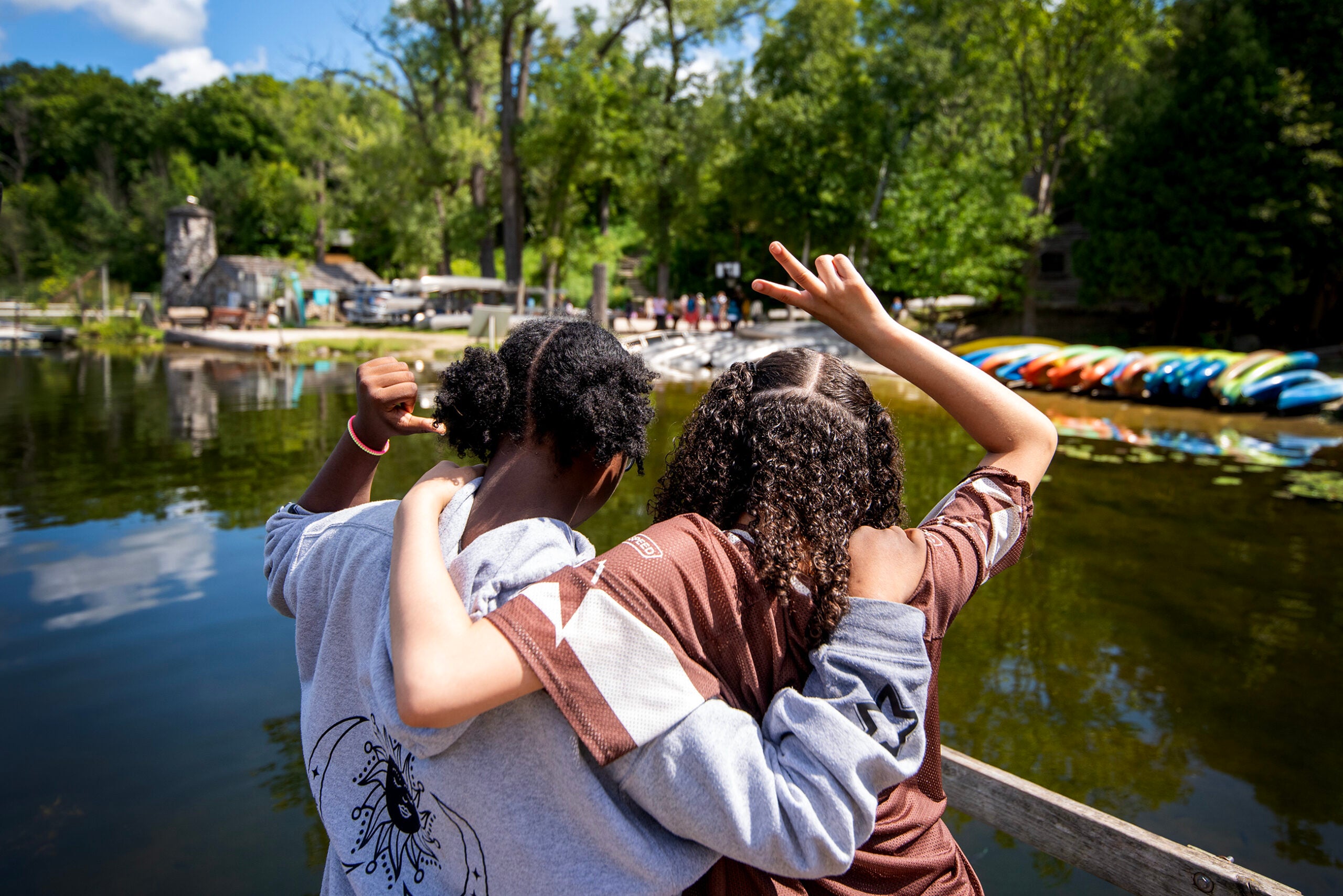The kids are out of school and spending a lot more time with their siblings – this can lead to more arguing, fighting and teasing. Our two guests will be talking about how to deal with sibling rivalry and helping everyone get along better.
Featured in this Show
-
Sibling Rivalry Not Necessarily A Bad Thing, Psychologist Says
Squabbling, fighting children can make for a stressful experience. And while many parents’ first reaction might be to step in to stop it, that’s not always the best way to handle the situation, according to a developmental psychologist
Myrna Shure, author of “Raising a Thinking Child,” said that disagreements among siblings are fairly common.
“A lot of parents get really upset when their children argue with each other. But unless it’s destructive, it can actually be quite constructive and healthy. It’s very normal,” said Shure.
When siblings argue, it’s the perfect situation for them to practice their problem-solving skills, Shure said
She gave the example of a 10-year-old and her 8-year-old brother arguing about who should ride in the front seat with their father. This type of bickering can seem trivial to the parent, but to the child it is important and shouldn’t be dismissed. The best way to deal with these problems is for parents to ask their children to help solve the problem, Shure said.
“The father asked (the kids), ‘Can you two think of a different way to solve this problem, so you won’t end up yelling at each other?’ There was a big pause and then the 10-year-old said to her brother, ‘You can have two turns today and I can have two turns tomorrow. That’s a good idea, isn’t it?’ They looked at each other and smiled and that was the end of it,” she said.
Using the sibling rivalry method can be a bit of a dance, according to Sue Allen, a family living educator who uses the program in her work.
“You want to be close enough to observe how the fight or squabble is going, you want to let them work it out as much as possible,” Allen said. “You want to be able to ask some questions to help guide their thinking and help them with their problem solving.”
There are times when adults should just let them use what they’ve learned and figure it out on their own, Allen said. Other times, stepping in is needed, like when children can’t work it out, there’s a dangerous situation or there is no resolution.
“Children are much more likely to carry out an idea if it’s theirs than if it’s ours,” Shure said.
She said to help find resolution in a conflict, parents should help children learn to ask themselves these questions:
- What can I do in this situation?
- What might happen if I do that?
- How will the person feel?
- How will I feel if that happens?
It guides behavior and teaches empathy, Shure said.
“Empathy is so needed in this world today,” she said. “If more kids grew up empathic and caring about how other people feel, maybe we’d have fewer problems when kids get older.”
Episode Credits
- Larry Meiller Host
- Jill Nadeau Producer
- Myrna Shure Guest
- Sue Allen Guest
Wisconsin Public Radio, © Copyright 2026, Board of Regents of the University of Wisconsin System and Wisconsin Educational Communications Board.






